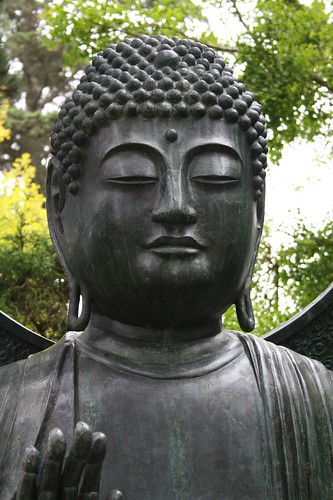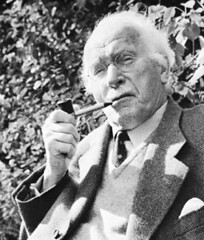The Ego and The Victim Mentality
Ego States and Toxicity
We can find the secret to the great disparity in viewpoint, values, and purpose that exists between the negative ego and the healthy ego in the relationship each level of the ego has with the presence or absence of the inner victim and the unconscious toxic content of its host. In the case of the negative ego, the unconscious toxicity in its host’s system has not been processed and the inner victim is dominant. In the case of the healthy ego, that toxicity has been processed and the inner victim has been transformed. The negative ego is built on the foundation of its host’s toxic content and the presence of the inner victim, while the healthy ego is constructed on the transformation of that content and the absence of the inner victim. Unprocessed content is crucial to the negative ego’s existence. It imbues the negative ego with power and provides it with a mandate to protect its host from further harm.
Unprocessed Toxicity
A critical component of that unprocessed toxicity is the victim mentality. If someone has been hurt, abused, or shamed and has not cleared those experiences from his system, the role of the victim will be present in his psyche, no matter how unconscious or well hidden that role may be. The inner victim is always angry and always blames someone else for its difficulties. Until the person chooses to take responsibility for what has happened in his life, the inner victim will always stop his growth. Growth is just not possible until one takes full responsibility for the weight of his life.
The Inner Victim
By constantly blaming other people for his difficulties, the inner victim makes a costly mistake. What the inner victim fails to comprehend is that in blaming others for his problems, he not only renders himself powerless, but also transfers what power he has left to his adversary. The unconscious transfer of power makes the inner victim less than who he really is and at the same time, makes his adversary more than who he really is.
Two things happen when the inner victim unconsciously transfers his power to his adversary and neither result is good. First, it makes him feel even more victimized than he did before he unconsciously transferred his power to his adversary. Second, it inflames the inner victim with more hatred toward his adversary. Both results widen the gulf that separates the inner victim from other people and deepens his shame. When the inner victim transfers his power he expands his sense of victimization. As long as he lets the inner victim state exist inside him, he can only move in one direction, down into darkness, and away from the light of the soul and spirit. The only thing the inner victim mentality ever succeeds in doing is making the individual into even more of a victim.









